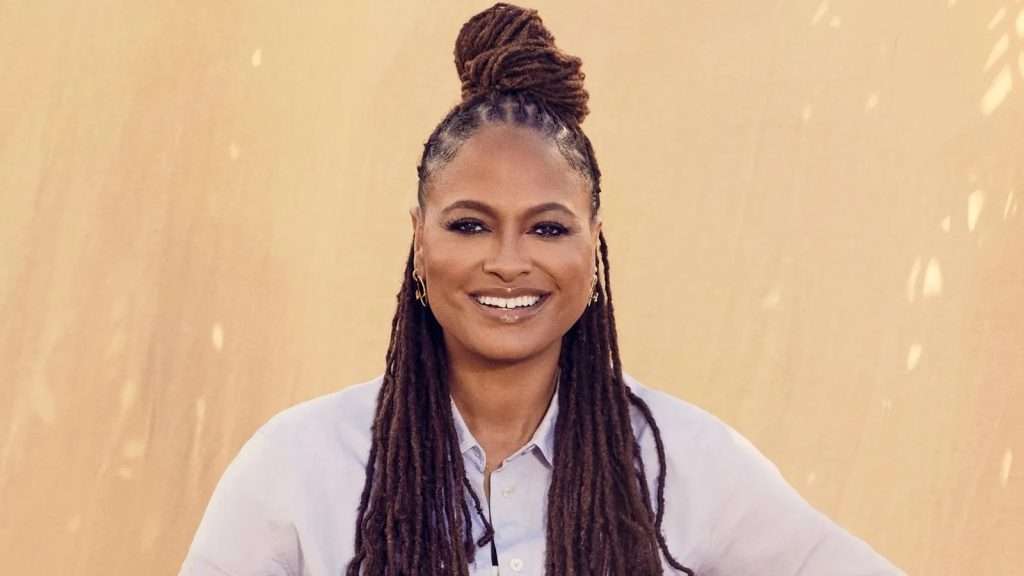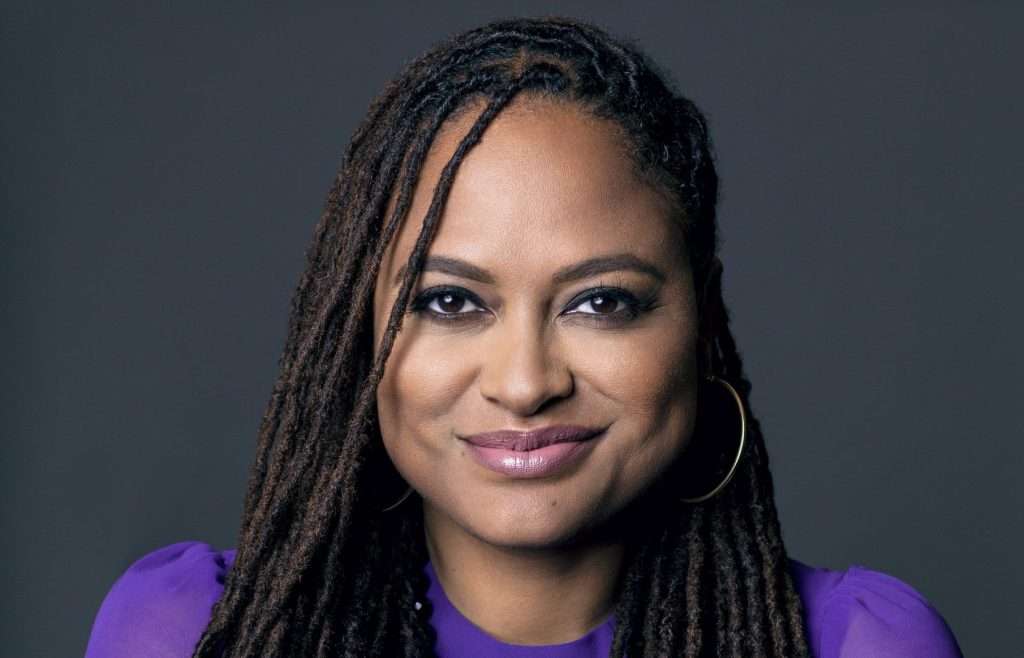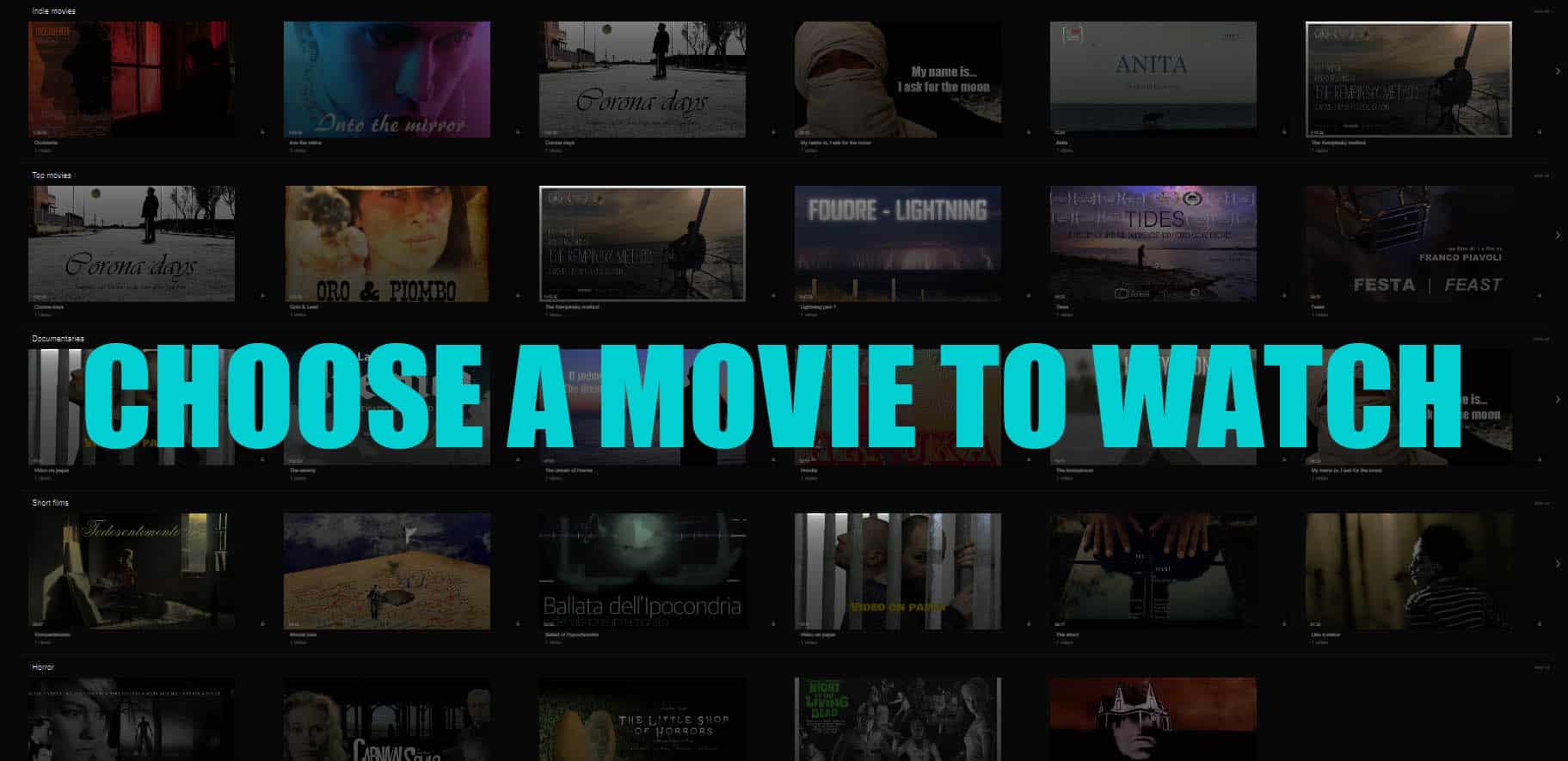Ava DuVernay is a name that has garnered much attention and praise in recent years. She is a american filmmaker, writer, and activist who has made a significant impact not only in the entertainment industry, but also in society as a whole. With her groundbreaking work, she has been able to push boundaries and bring important issues to light, while also paving the way for underrepresented voices in film and television.
In this article, we will explore the life and career of Ava DuVernay, from her early beginnings to her current status as one of the most influential figures in the industry. We will delve into her notable works, her advocacy for social justice, and her contributions to the representation of women and people of color in media. Join us as we take a closer look at the impact of Ava DuVernay and how she continues to inspire and create change through her art.
Early Life and Career Beginnings

Ava DuVernay was born on August 24, 1972, in Long Beach, California. She grew up in Compton, a predominantly Black neighborhood known for its high crime rates and poverty. Despite the challenges of her surroundings, DuVernay was raised in a household that valued education, arts, and culture. Her mother, Darlene Maye, was a teacher and her father, Murray Maye, was a businessman. They instilled in her the importance of hard work, determination, and critical thinking.
DuVernay attended Saint Joseph High School, an all-girls Catholic school, where she excelled academically and was involved in various extracurricular activities such as theater and debate. After high school, she went on to study English and African American studies at the University of California, Los Angeles (UCLA). It was during this time that she developed a passion for filmmaking and became actively involved in film societies and festivals.
In 1992, DuVernay landed her first job at CBS News, where she worked as an intern while still in college. She then moved on to work as a publicist for various films, including the critically acclaimed “Boyz n the Hood” (1991) directed by John Singleton. Through her work as a publicist, she gained valuable insight into the inner workings of the film industry, which would later serve her well in her own filmmaking career.
Early Career in Film
Despite her interest in filmmaking, DuVernay initially pursued a career in journalism after graduating from UCLA. In 1993, she landed a job at Fox Networks, where she served as a junior publicist for shows such as “Living Single” and “The Bernie Mac Show.” However, her desire to tell stories through film never wavered, and in 1999, she left Fox to start her own public relations firm, The DuVernay Agency.
While running her company, DuVernay continued to pursue her passion for filmmaking by writing and directing short films. In 2006, she wrote, produced, and directed her first feature-length documentary, “This is the Life,” which chronicled the underground hip-hop scene in Los Angeles. The film received critical acclaim and went on to win several awards, including the Best Documentary Feature at the Pan African Film Festival.
First Breakthrough with “I Will Follow”
After the success of her documentary, DuVernay decided to focus on narrative filmmaking. In 2010, she released her first narrative feature, “I Will Follow.” The film was shot in only 15 days and had a budget of $50,000, but it went on to receive widespread critical acclaim and was a commercial success. “I Will Follow” told the story of a woman coping with the death of her aunt, played by Salli Richardson-Whitfield.
The success of “I Will Follow” opened doors for DuVernay in Hollywood and eventually led to her being chosen as one of the participants in the prestigious Sundance Institute’s Screenwriters and Directors Lab. This program provides filmmakers with the opportunity to develop their skills and bring their projects to life with the guidance of experienced mentors.

DuVernay’s next film would be a milestone in her career and in the history of African American cinema. In 2012, she wrote and directed “Middle of Nowhere,” which premiered at the Sundance Film Festival and won the Best Director award, making DuVernay the first Black woman to receive this honor. The film also received four Independent Spirit Award nominations, including Best Feature and Best Director, and won the Best Actress award for Emayatzy Corinealdi.
In 2014, DuVernay made history yet again with her film “Selma.” She became the first Black woman to be nominated for a Golden Globe for Best Director, and the first Black female director to have her film nominated for the Academy Award for Best Picture. Despite the snub in the Best Director category, “Selma” received widespread critical acclaim and was a commercial success. The historical drama, which centers on the 1965 Selma to Montgomery voting rights marches, starred David Oyelowo as Martin Luther King Jr. and received two Oscar nominations, winning for Best Original Song.
After the success of “Selma,” DuVernay continued to make strides in the industry by venturing into television. In 2016, she created and produced the drama series “Queen Sugar” for Oprah Winfrey’s OWN network. The show, which follows the lives of three siblings who inherit their father’s sugarcane farm in Louisiana, received critical acclaim and was renewed for a second season before the first one even aired.
In 2018, DuVernay once again made history when she became the first Black woman to direct a live-action film with a budget over $100 million, “A Wrinkle in Time.” The Disney movie, based on the beloved novel by Madeleine L’Engle, featured an all-star cast including Oprah Winfrey, Reese Witherspoon, and Mindy Kaling. While the film received mixed reviews, it still grossed over $132 million worldwide and broke barriers for women and people of color in Hollywood.
Championing Diversity and Inclusion
Throughout her career, DuVernay has been a vocal advocate for diversity and inclusion in the entertainment industry. She has consistently used her platform to shed light on important issues and promote underrepresented voices. In 2016, she founded Array, a grassroots distributor and collective dedicated to amplifying marginalized voices in film and media.
DuVernay has also been a strong supporter of the OscarsSoWhite movement, which calls out the lack of diversity in Oscar nominations and winners. In 2017, she released the powerful Netflix documentary “13th,” which examines racism and mass incarceration in the United States. The film received widespread critical acclaim and earned DuVernay an Academy Award nomination for Best Documentary Feature.

The Power of Storytelling for Social Change
With her groundbreaking work, DuVernay has proven that storytelling can be a powerful tool for social change. She uses her films and television shows to bring awareness to important issues such as racial injustice, mass incarceration, and gender inequality. Through her art, she is able to humanize these complex issues and spark conversations that lead to action.
“When They See Us”: A Gut-Wrenching Tale of Injustice
In 2019, DuVernay released her most impactful work yet, the Netflix miniseries “When They See Us.” The four-part series tells the true story of the Central Park Five, a group of Black and Latino teenagers who were wrongfully convicted for the rape of a woman in Central Park. The series sheds light on the systemic racism and injustice within the criminal justice system and the devastating impact it has on the lives of these young men and their families.
“When They See Us” received widespread critical acclaim and was praised for its powerful storytelling and emotional impact. It also sparked important conversations about race and the flaws in the judicial system, leading to the reopening of the case and the eventual settlement for the five men.
“Queen Sugar”: Tackling Social Issues with Authenticity
DuVernay’s television series “Queen Sugar” is another example of her commitment to using storytelling for social change. The show explores a wide range of social issues, including police brutality, drug addiction, LGBTQ+ rights, and mental health, while also highlighting the resilience and strength of Black families. In an interview with Variety, DuVernay stated that she wanted to create a show that “felt like life,” where the characters and their struggles are authentic and relatable.
“Queen Sugar” has been praised for its powerful storytelling and its diverse representation of people of color, both in front of and behind the camera. The show has also been recognized for its efforts towards gender equality in the industry, with all episodes directed by women.
DuVernay’s Impact on Women and People of Color in Media
Through her work, DuVernay has broken barriers and opened doors for women and people of color in the entertainment industry. As a Black woman in Hollywood, she has faced many challenges and obstacles, but her perseverance and determination have allowed her to make significant strides towards a more inclusive industry.
Paving the Way for Women Directors
Women directors have long been underrepresented in the film industry. In fact, according to a study by the USC Annenberg Inclusion Initiative, over the past decade, only 4% of the top 100 grossing films were directed by women of color. DuVernay’s success has not only shattered this statistic but has also paved the way for other women to pursue their dreams of becoming directors.
In an interview with The New York Times, DuVernay stated that she wants to use her platform to create opportunities for other women and people of color in the industry. She has mentored and supported emerging filmmakers through programs such as ARRAY 101 and the ARRAY Creative Campus, which provide resources and guidance for underrepresented voices in media.
Representation has been a key focus in DuVernay’s work, both on and off-screen. Through her casting choices and storytelling, she strives to accurately represent the diversity of the world we live in. She also advocates for increased representation behind the scenes, from writers and producers to crew members and executives.
In 2016, DuVernay was named one of Fortune’s “World’s Greatest Leaders” for her efforts towards promoting diversity and inclusion in the industry. She continues to challenge Hollywood to do better and uses her platform to uplift and amplify underrepresented voices.
Ava DuVernay’s Legacy and Ongoing Impact
Ava DuVernay’s impact on the entertainment industry and society as a whole is undeniable. She is a trailblazer, a visionary, and a powerful voice for change. Through her art, she has inspired and educated audiences, sparked important conversations, and made a lasting impact on the representation of women and people of color in media.
As she continues to create groundbreaking work, DuVernay’s legacy will undoubtedly live on for generations to come. She serves as an inspiration for aspiring filmmakers, activists, and anyone seeking to make a positive impact in their respective fields.



